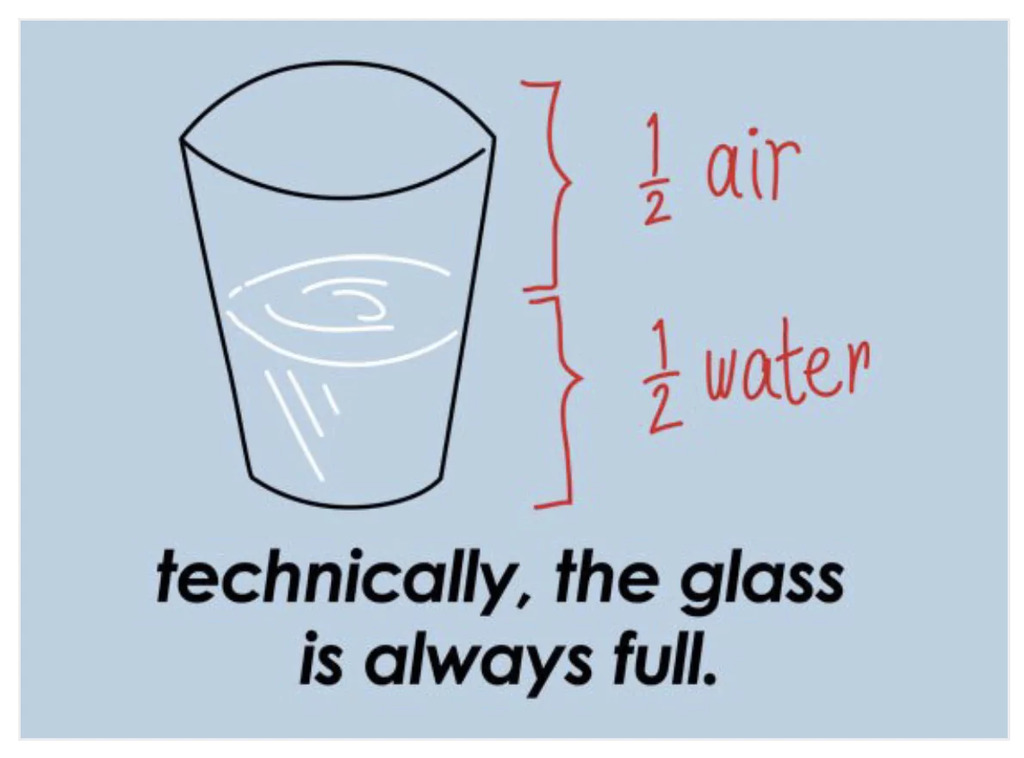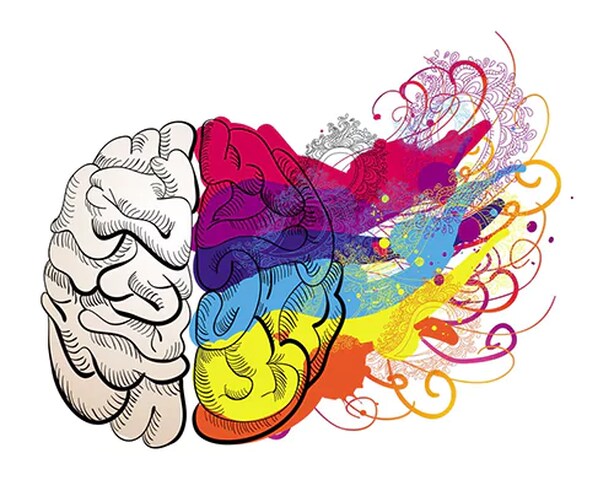By using our website, you agree to the use of cookies as described in our Cookie Policy

Becoming a Beginner
Without a doubt, the human brain is incredible. It allows us to think abstractly, solve complex problems, and share our realities with one another through language. But these marvelous machines can also limit the way we understand and encounter the world we live in. In other words, what we think, hear, see, and say may be just a fraction of what’s actually going on. In the Zen Buddhist tradition, there is a foundational principal called shoshin, or beginner’s mind. It means seeing the world with fresh eyes and thinking with a clear mind in order to have a new—and, in some cases, enlightened—experience of our existence. However, while it may seem counterintuitive, adopting a beginner’s mind takes effort and practice. It requires us to give our busy brains a rest and rely on other facets of our being. Today, I invite you to begin your journey into beginner’s practice. Here are some steps that you might take to approach your world differently and live more fully, engaging all aspects of your being.
- Slow down. A beginner must attend to every detail in order to begin the learning process. As you begin the process of slowing down, remind yourself to take it all in—to have a full sensory experience. One way you might practice this is by having a different kind of encounter with something you do frequently. For example, the next time you do laundry, instead of letting your mind wander to what you have to do next or what your schedule will look like tomorrow, pay attention to all the details of your present activity. Notice the feeling of the various materials in your hands. Listen to the rushing sound of the water as it enters the machine. Take in the clean scents of your freshly laundered clothes. By slowing down, you will be able to experience your habits and routines in fresh, invigorating ways.
- Notice your thoughts; don’t follow them. The difference between an expert and a beginner is that beginners are more curious, more eager to learn, more attentive, and less certain. Attaining beginner’s mind requires allowing your thoughts to come and go without following or dwelling on them. The practice of meditation is a lovely entry point for this step. Challenge yourself to spend at least 3 minutes a day sitting with your thoughts—allowing them to come and go and simply noticing them, without getting lost in them.
- Let go. There is something incredibly liberating about not knowing. A beginner is free to take chances and free to fail; an expert rarely takes such chances and often lives in perpetual fear of failure. The act of letting go may be the most difficult aspect of your efforts to attain beginner’s mind. But if you continue to practice, you will likely discover wonderful possibilities and new ways of being.
Give yourself the gift of a beginner’s mind. Allow yourself to have a new experience. Let yourself encounter the world in new ways, and discover what comes of it. Enjoy every step of the journey, and never stop learning!
‹ Back














